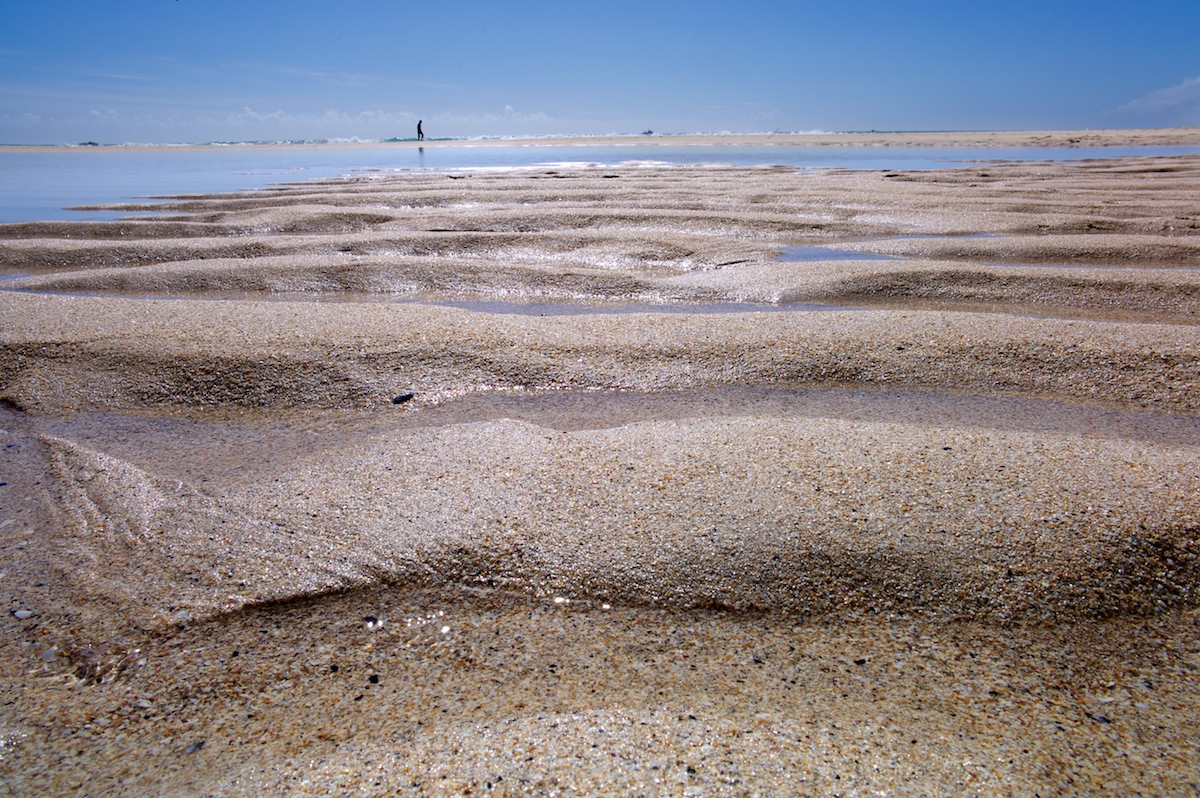It depends on a few things.
First, you didn't mention what camera you use. If you are using M8 series, then the UV/IR cut filter will double as your color correction as well as you protection filter.
If you are using M9 or film M camera, then you may have to think about a protection filter as suggested by Brian.
While those who oppose the use of filters because of IQ degradation are not without merit, it depends on how you present your pictures. On the web? On your own computer screen ( or iPad and similar devices ), or in print? For showing on screen I believe you will be hard-pressed to see any filter degradation at all. Your screen will have already done quite a bit of degradation for you. For prints, once again if it is the usual 4x6 prints I wouldn't worry about any interference from a filter. If you print 20x30 or even larger, then you may have to think twice what filter, if at all, is to be used.
In any case, if you have to use a filter, use one that is made by reputable manufacturers and do not go for cheap ones. They are cheap for a reason.



